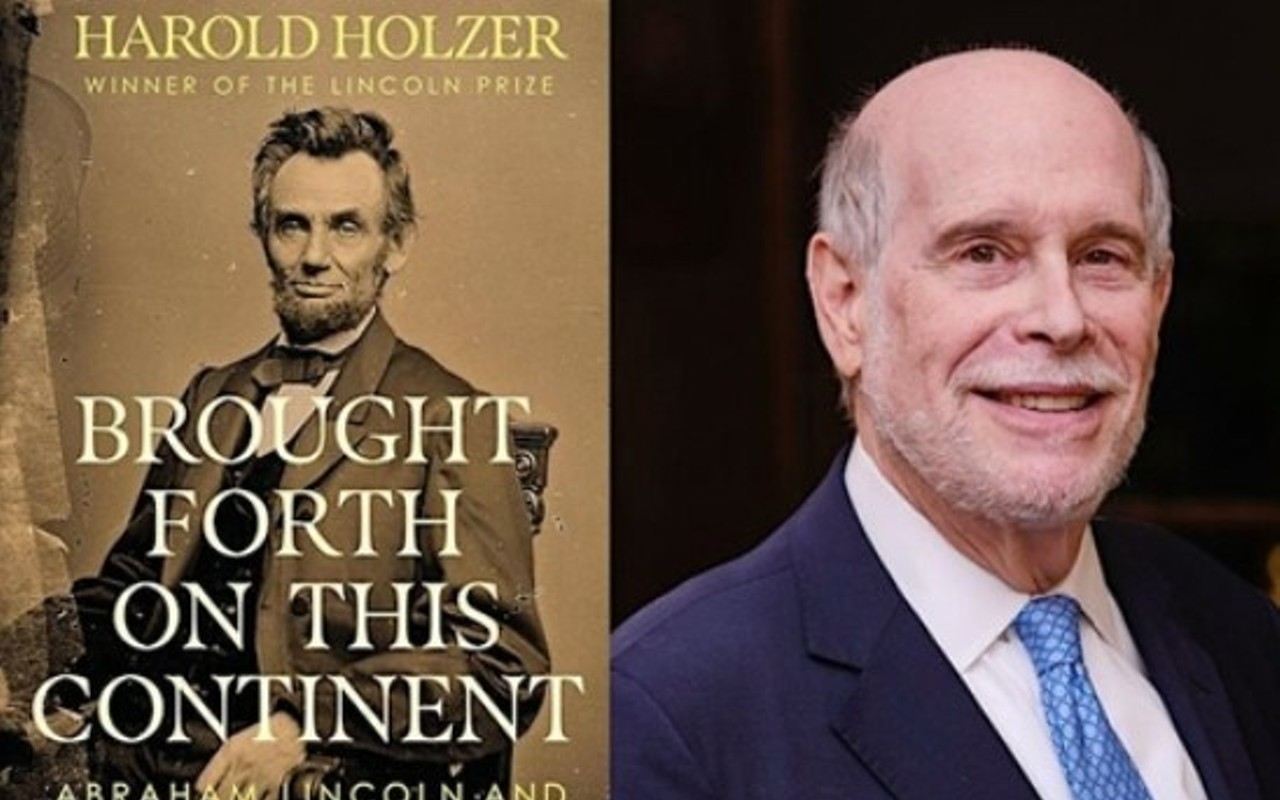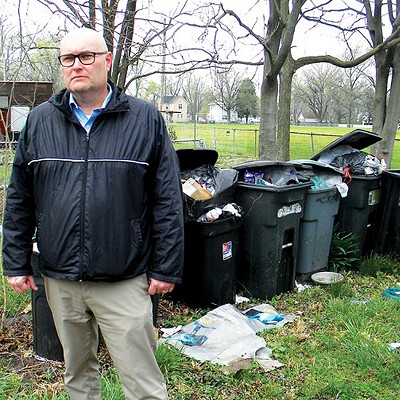In the summer of 1997, Illinois Times published "Curious George," a feature about George Ryan when he was running for governor. The feature detailed Ryan's political past and lined it up with what he was proposing to do as governor. We predicted that Ryan would certainly make good on some of his numerous promises as well as reward a few friends along the way, which is turning out to be an understatement. We also predicted some surprises--also another understatement.
Of course, those predictions could have applied to any administration. But the story also detailed Ryan's record of wheeling and dealing, of receiving campaign contributions from state workers he employed, of sliding lucrative state contracts over to loyal friends and campaigners, and also of being remarkably well-liked, quoting long-retired Democrats who praised Ryan for his political acumen and ability to create compromise.
A pharmacist by trade, Ryan began his political career in the late 1960s on the Kankakee County Board. In 1972, he was elected to the Illinois House, becoming speaker in 1981. Then-Governor Jim Thompson appointed him as lieutenant governor shortly thereafter, a post he held until 1991, when he won the race for Secretary of State. He stayed there two full terms before being elected governor over Glenn Poshard in 1998.
Ryan decided to serve only one term as governor. During his four years, he got the General Assembly to agree on his Illinois FIRST, a $12 billion state improvement plan that required numerous fee increases, by giving each legislator mounds of cash to spend on their districts with hardly any public oversight. The program has provided funds for thousands of projects, including major road and bridge repairs, small community theaters, schools, and not-for-profit agencies.
A lot of attention has centered on Ryan's moratorium on the death penalty, which brought worldwide attention to Illinois' shameful placing of 13 innocent men on Death Row. But what's overlooked is how often he's stood alone. When the state government's free-spending ways caught up with it last year, creating a massive budget deficit in the order of billions of dollars, it was Ryan who took the lead to make the cuts no one else had the guts to do. Regarding the moratorium, many in his own party called him hypocritical and weak. Regarding the budget, the legislature initially acted as if the budget crises was all Ryan's fault and refused to share any responsibility. Republicans threatened to sue him for closing state facilities to save money or abusing his powers of clemency. During the recent campaign, Republican candidates distanced themselves from him, while the party's gubernatorial candidate, Jim Ryan (who isn't related to the governor), dropped his last name from his campaign literature.
Ryan's political methods caught up with him, or are catching up to him. They are also partly to blame for the past election, in which Democrats reclaimed power over nearly every aspect of state government. More than 50 people who helped Ryan in one way or another have been indicted in Operation Safe Road, the federal investigation essentially probing what made Ryan's methods so successful. One Illinois Times reader faxed over a letter to the editor this week: "Am I correct in assuming that Gov. Ryan could be the first prison inmate nominated for the Nobel Peace Prize Award?" Probably not. Martin Luther King Jr. and Nelson Mandela served time, so did Aung San Suu Kyi. But then again, they were all imprisoned by corrupt governments, not for running one.
One person who witnessed Ryan's rise was Helen Satterwaite, a Democrat from Urbana who served in the statehouse from 1975 to 1993. She was there during the push for the passage of the Equal Rights Amendment for women that Ryan squashed, earning him a spot on the National Organization for Women's "dirty dozen" list. Satterwaite says she hasn't seen much change in Ryan since those days.
"I mostly remember watching him operate on the Illinois House floor. I've not had a great deal of contact with George Ryan. He's not someone I socialize with, and I'm afraid I've erased most of my memory from that period," Satterwaite says. "My overall impression of him is as a man who appreciated the political process to the extreme. My impression is that he is a consummate dealmaker."
But, like many Democrats, she doesn't quite write Ryan off.
"I was really pleased that he has done something to bring attention to the capital punishment issue. It is one of his primary contributions. Probably equally important, to people of Illinois at least, is that he pushed through additional fees that contributed to Illinois FIRST, one of the biggest spending eras in the state, period."
Ryan does have a legacy. As Speaker of the Illinois House, he'll be remembered for killing the Equal Rights Amendment. As Secretary of State, he'll be remembered not only for heading a crooked administration but also for pushing to lower the Blood Alcohol Concentration limit, making it more difficult to drink and drive. He also worked behind-the-scenes as Secretary of State to push for the passage of an ethics bill, of all things. As governor, surely the death penalty moratorium, especially if it is followed up by commutations, will put him in the history books. And if he gets to retire without any criminal charges, he'll receive an annual state pension that's larger than his current salary.
Regardless of what anyone says about George Ryan, he operated masterfully within the world of Illinois politics. And does it really matter whether he'll be considered a great governor? He'll more than likely be remembered as one of the few governors in Illinois history who engineered his fall as skillfully as he did his rise.


















